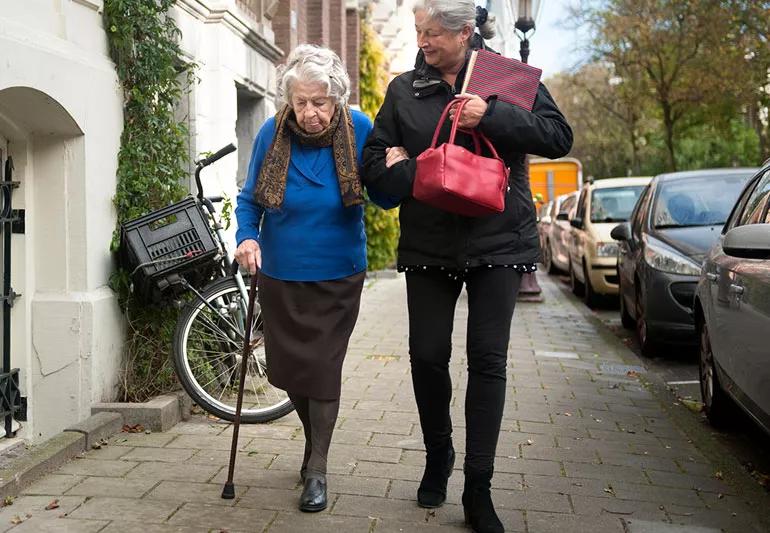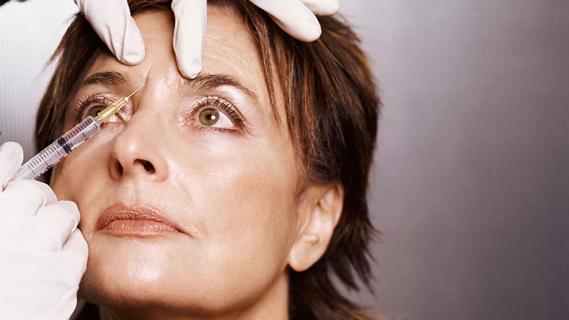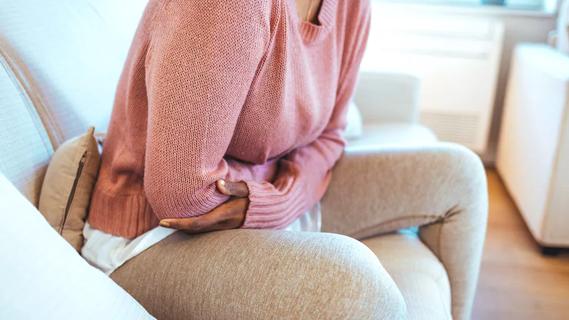Learn how to reduce the risk of tumbles and falls

Let’s face it: As we age, our reflexes are no longer lightening-quick. Our bones become more fragile. Our eyes just might be playing tricks on us. These factors can lead to the likelihood of a serious tumble. And falls can cost us — not only in terms of treatment, but in terms of independence and even our lives.
Advertisement
Cleveland Clinic is a non-profit academic medical center. Advertising on our site helps support our mission. We do not endorse non-Cleveland Clinic products or services. Policy
It’s important to know whether or not you or a loved one might be at risk of falls, says geriatric clinical nurse specialist Anne Vanderbilt, MSN, CNP, CNS. According to the Centers for Disease Control and Prevention, more than 1 in 4 older people falls each year. This doubles the chances of falling again. And fewer than half of these people tell their physician.
People over age 65, having four or more of these risk factors increases your risk of falling:
Other significant risk factors are:
Most falls are caused by a combination of risk factors. If you see yourself in the above lists, make some changes and be sure to get your annual health screenings.
Don’t let fear of falling cramp your lifestyle. Use these tips to stay safely upright, Vanderbilt suggests:
Advertisement
Preventing a fall is your best bet for remaining active and independent as you age.
Fall-proofing your home is also a must to avoid sudden spills:
Take an active role in preventing falls to help ensure your own safety. Knowing if you are at risk is the first step.
Advertisement
Learn more about our editorial process.
Advertisement

First, take a deep breath — it happens more than you might think

Bleeding is a risk and warrants taking care, but the reward of this lifesaving medication is great

Severe and debilitating headaches can affect the quality of your child’s life

With repeat injections over time, you may be able to slow the development of new wrinkles

Although it can be alarming, it’s normal to experience blood clots during menstruation

Type 2 diabetes isn’t inevitable with these dietary changes

Applying a hot or cold compress can help with pain